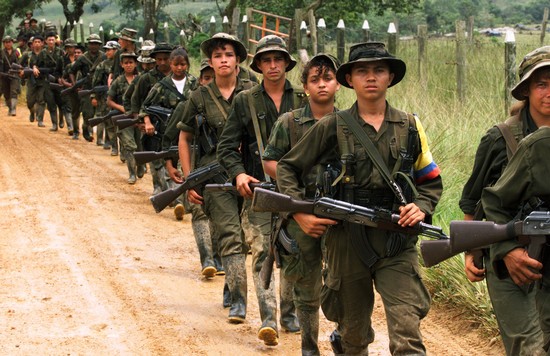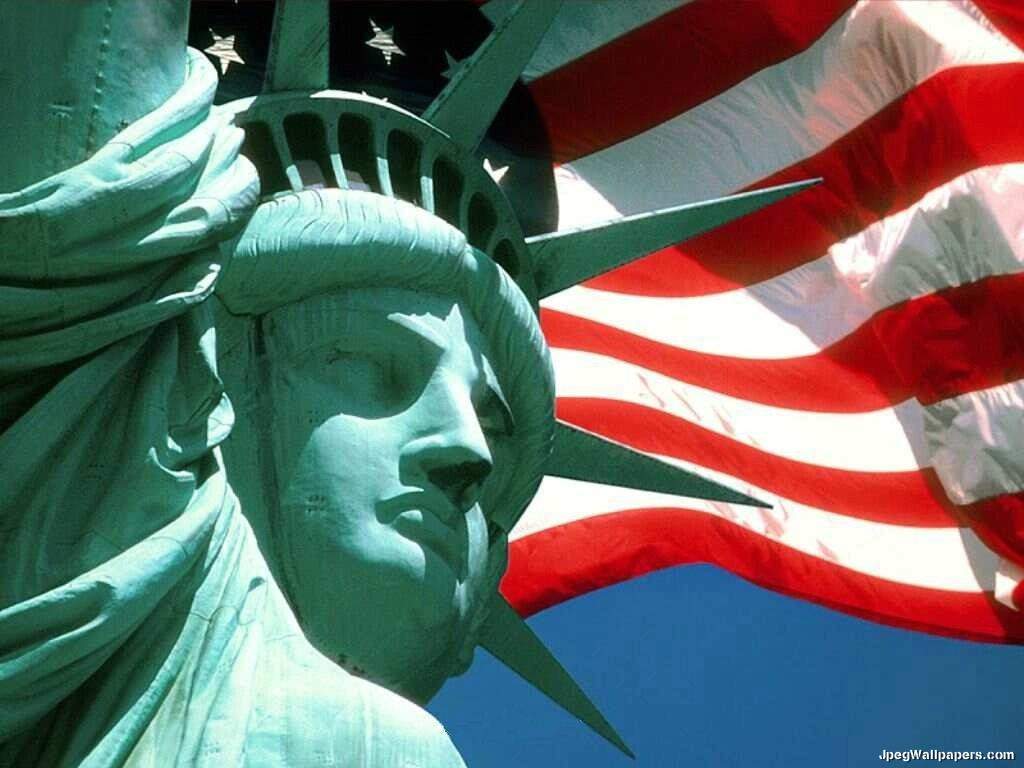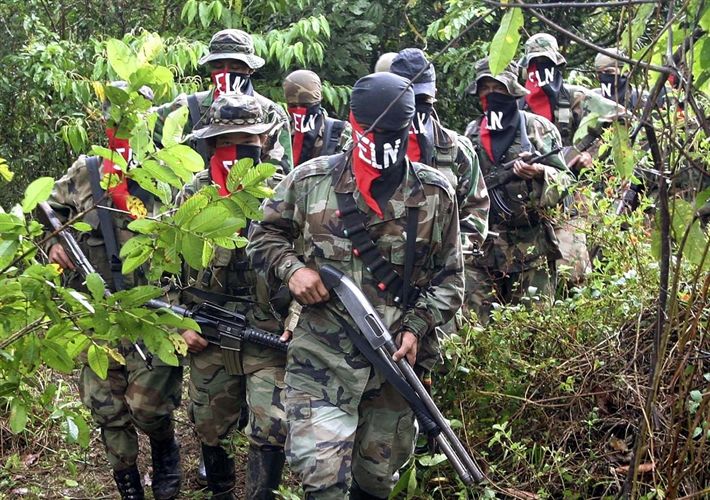 Two months ago a new round of peace talks between the FARC and Colombian government began in Oslo. Regarding the previous unsuccessful attempts and the lenght of this conflict, it is difficult to envisage the possible outcome of negotiations. But what are the views of ordinary Colombians on this issue and how do they see the prospect of the peace? We are offering you an interview with a 20 years old Colombian student of medicine, Camilo R. B.
Two months ago a new round of peace talks between the FARC and Colombian government began in Oslo. Regarding the previous unsuccessful attempts and the lenght of this conflict, it is difficult to envisage the possible outcome of negotiations. But what are the views of ordinary Colombians on this issue and how do they see the prospect of the peace? We are offering you an interview with a 20 years old Colombian student of medicine, Camilo R. B.
Disclaimer: All the opinions in this interview are to be considered as personal.
Q: What does the conflict between the FARC and the Columbian government mean to you?
A: This conflict is constitutional. To understand it in its complexity is very hard. The problem is not just the idea of FARC vs. Government. The core problem lies in the social situation and the ideas that bring us to the FARC.
Q: Do you sympathize with the FARC to some extent?
A: No, I do not sympathize with them. But in some points I disagree with the government. For example they bring more conflict by waging war and bringing more guns into the area. I don’t think that is the right way. They are trying to make peace now. It is very hard though because there are a lot of social problems that cause the conflict. You may destroy the FARC but another group will rise. The idea will prevail. I think that the lack of education is the main problem here. There is a high percentage of people without proper education and insufficient opportunities.
Q: And those are the people who join the FARC and the insurgency groups?
A: Yes, people who join these groups are people without opportunities. They can either join the military forces or they can join insurgency group. The advantage of insurgency is the narco-traffic connected with it which provides opportunity for poor people to get some money. Additionaly, the drugs are putting money “in the jungle”. And it is really difficult for the government to control the jungle because of its density. I think this conflict needs a broader change in a society. The social situation must be changed together with the economics and education.
“People who join these groups are people without opportunities. They can either join the military forces or they can join insurgency group.”
Q: Do you think it would be better if the FARC would be invited to participate in the government?
A: I am going to tell you a story. Long time ago, there was a group called the M19. This group was promoting the idea of communism and idealism in Colombia. Lately they were demobilized and joined the government. For example our major in Bogota was a member of the M19. This group was different – more political and idealistic. The personalities of this group have positions in the government now. But it was hard for the general public to understand that they can participate in the politics. This group is an example of people who are part of insurgency that can participate in the politics. But the FARC is different. They use the guns; they don’t have the vision of the new society and political change.
Q: So do you think there is a point in peace talks? What does the FARC tries to achieve by the peace talks?
A: I’m not sure actually. There were peace talks in the past, for example in the government of President Andres Pastrana (1998-2002). But the FARC was only trying to buy some time. We don’t really know what they are planning or thinking. And it is very hard to understand what the FARC is thinking in general.
Q: Do you want the peace talks to be successful?
A: Yes, for sure. I want the conflict to end in a peaceful way. But it is hard due to the number of casualties and social problems connected with it. There are more factors in the conflict than it seems on the first glance. If they really agree on a peaceful end of the conflict, we will still face difficult challenges. For example, no one knows what will happen to all the people who are currently in the jungle.
Q: How many people are in the jungle?
A: That is very hard to estimate, since it is not just the FARC but also many smaller groups. For example there is a group in the village where my father has a farm. They are probably about 20 men strong. But these small groups can expand very easily. So the problem isn’t really how many people are there now, but how many might be there in the future. And if the government and society will be not able to make important changes to improve the social situation, there will be more and more people joining these groups. I cannot give you a precise number but in my opinion it will grow.
Q: Do you see the end of it? Would it be better if the government just pushed all the groups with force or what would be the best solution to the problem?
A: The government of Alvaro Uribe (the last president) spent 8 years using guns, army and a lot of finances to fight the insurgency groups. But only the fraction of the money went to the education and social problems. Obviously Alvaro Uribe was quite “successful” in pushing a lot of groups, and killing many members of the FARC. At the same time, it is very sad, because the death of an insurgent was considered a success. And this fact is actually quite a big moral dilemma in our society. The leaders of these groups and many of their members are not innocent at all, and they don’t think about life or consequences of their actions. But on the other hand, there are plenty of kids and people without opportunities who are killed in vain as well. After all, they are our fellow citizens. And we are not better. We are just putting more fire to the situation. So, it is really difficult to find a solution to the conflict. But in my opinion the solution must be on a moral level. We must realize how much we pay for a life.
“In my opinion the solution must be on a moral level. We must realize how much we pay for a life.”
Q: Then in your point of view, would it be better if the money that goes for waging war against the FARC would rather go to the education of the poor and improvements of the social situation?
A: Yes, for sure.
Q: But there are some groups that kidnap young children and make them join the insurgency groups. How would that prevent them from doing so?
A: Of course, the military is important as well. They are a sign of peace for many people and actually make them feeling safer. My own father used to pay a lot of money to FARC in order to prevent them from raiding his farm for example. But there needs to be a balance between military interventions and investments in the society and education. We can bring more and more guns and push all the groups from the jungle, but if we do not solve the causes of insurgency that lie in the society, they will eventually come back. Right now the idea of the government is to create so strong pressure on the groups that they will not want to fight anymore.
Q: Do you think that this strategy could end the conflict?
A: Maybe. Some of them might say at some point: “I just want to be a part of the society and don’t want to fight.” But there is another problem. Where is the government going to put all those people, what will be their jobs, what will they do?
Q: So do you think these peace talks in Oslo and Havana could help the situation? Could the both sides figure out what to do with all the people in the jungle?
A: It would be great. The discussion is essential and it is good that they are trying to come up with solutions. However, the conflict is so complex and interconnected with the other problems in the society and it has lasted for so long that I am quite skeptical about it. Maybe the FARC will surrender, but another group may arise. If we want to change something, we need to go to the core. We need to find out how it was born. The primal cause of the conflict is the social situation. The people who join these groups are not doctors or lawyers. It is a social conflict.
Q: Would you agree that people who join these groups feel expelled from the society?
A: Yes. My point is that the conflict is not just right now. We cannot perceive it as a single point in time. There are many issues that brought the conflict to this point. The important thing is how it happened. It is crucial to study the history of the conflict and understand why all these groups have started doing what they do now. You can kill all the leaders but the society remains the same.
Q: Let’s take a different perspective on the conflict now. How do you feel about the presence of the U.S. military in Colombia and their participation in the conflict?
A: We actually feel like a colonized country. Firstly we were under the influence of Spain, and now the United States ate trying to impose their opinions on us. The USA wants to make us think and act like them. We take the money from them and they put their style of life on us. For example we have this TLC deal (United States – Colombia trade promotion agreement). Looking back at the history, although the United States say they want to help, they have other interests in mind. And it is easier for them because of the social and economic problems we have. Plus there are some other factors in the society. Most importantly the citizens don’t feel like part of the country, we have low respect for the government, because we never really had a proper revolution. We feel like we are still colonized. We don’t feel as an independent state.
Q: Are the United States taking away your sovereignty in your view?
A: In a way yes. For example during the Cold War, the United States used all the countries in America to support their goals. We didn’t have a choice in the matter. And this is the relationship we have with them. It is as we are a part of another country.
Q: Now let us get back to your personal experience with the conflict. You said that your father had to pay money to the FARC?
A: Yes, he was a farmer in the area of Bucaramanga. In the past, farmers there had to pay a certain rent to the insurgency groups so they would leave their farms alone. If you had not paid, the groups would have kidnapped your workers, burn your fields etc. They were trying to earn money for their operations.
Q: And the government did not help in this situation?
A: It was a time when this area was full of these groups and the army was actually afraid of entering areas of high insurgency density. But the army has helped since then and right now the situation is better there. Mostly thanks to the government of Alvaro Uribe who drove a lot of groups out of the farms area.
Q: So right now your father is free to do his job? He doesn’t have to pay?
A: Right now, he is all right. But in the other areas the situation is still bad. In addition, these groups are often very cruel and violent. For example there was a massacre in a village close to my father’s farm, where they killed a group of people just for a couple of dollars. The whole conflict is affecting mostly the ordinary people. They are under pressure from both the groups and the government. I would recommend you watching the film called Colors’ of the mountain. It explains the conflict from the eyes of the children.
Q: Finally, could you conclude the current situation in Colombia with regards to the peace talks and the conflict?
A: The thing is we have been living in this bloody and terrible conflict for so long that we got used to it. We have heard so much of it that we have learned to ignore it.
Q: So you personally do not feel like the part of the conflict?
A: That is my point. I should feel like the part of the conflict and somehow the conflict affects me, but probably not enough to make me want to change the society. Of course I am the part of the conflict regardless my feelings. And I can tell you I am pretty lucky to be at the place where I am now. My life and destiny could have easily put me to a completely different situation. The fact is that our country is in a war but we try to put that idea in a box and throw it into the ocean. You may hear from the media that we might be a strong country with improving economics, but then you go on a bus and start feeling afraid that someone kidnaps you. If we really want a change, it needs to be a personal change in thinking of all the people. It needs to come out of the new generation. We need to create opportunities, improve the social situation and get rid of foreign influences. The struggle really is for our own identity.
“If we really want a change, it needs to be a personal change in thinking of all the people. It needs to come out of the new generation. We need to create opportunities, improve the social situation and get rid of foreign influences. The struggle really is for our own identity.”
Q: Thank you Camilo for your answers and remarks. It has been a great pleasure to talk to you. Thank you a lot for your time.
A: Just please put on the record that although we have this conflict, we are still a very nice country. And we have incredible places to come to and visit!
Disclaimer: All the opinions in this interview are to be considered as personal.
If you want to know more about the conflict between FARC and Colombian government:
http://topics.cnn.com/topics/farc
http://www.bbc.co.uk/news/world-latin-america-11400950
http://www.aljazeera.com/news/americas/2008/07/20087304414709586.html
http://www.nctc.gov/site/groups/farc.html
Author: Jan Ondrášek, student of security and strategic studies at Masaryk University.





